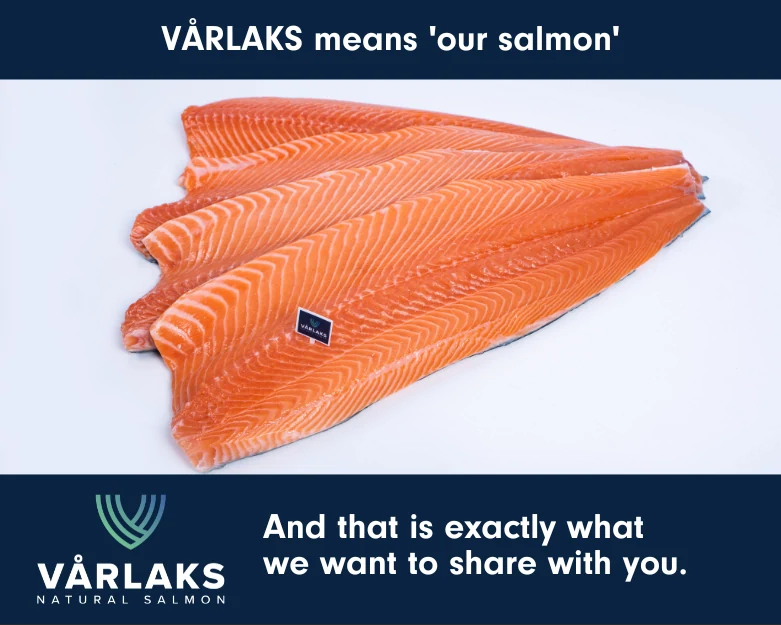The cost price of fillet from illegally exported production fish is between DKK 30-40 ($4.40-$5.86) per kilo lower, creating a warping effect on the market, says Danish Seafood Association.
Poul Melgaard Jensen, Director of the Danish Seafood Association, has shed light on the ongoing issue of Norway’s export ban on “production” grade salmon in an interview with SalmonBusiness.
The Association’s complaint, now officially recognized as a potential trade barrier by the European Commission, questions Norway’s adherence to the existing EEA agreement.
Jensen explained, “We received official notice that the Commission sees sufficient grounds for a case against Norway. The next steps involve an official letter to the Norwegian government followed by meetings. Given Norway’s proximity to the EU, we anticipate an open dialogue.”
The Association’s concerns stem from the impact of the ban on the market. In week six of the year, 36.6 percent of all salmon in Norway was classified as “production” grade, significantly distorting the market. This surplus salmon, according to Jensen, has been flowing into the EU, warping the market.
“The issue is the export of whole production fish before correction. The resulting fillet’s cost price is significantly lower, affecting market competition,” Jensen said
The cost price of this fillet is between DKK 30-40 ($4.40-$5.86) below the cost price per kilo than the fillet of the whole salmon that other companies have access to, according to the Danish Seafood Association exec.
What exactly are production fish anyway? The controversial world of salmon grading
“The problem with this is that some operators have access to this production salmon that is exported against Norwegian law, creating a distorting effect: that is to say the operators and processors with access to this production salmon are expanding production because the cost price is much lower, while the competitors are scaling down because their production costs are higher,” he said.
Jensen emphasized that the Association is not seeking more than the removal of the ban. He clarified that this issue is not a legal case but an investigation, and the solution would involve discussions and agreements with the Norwegian government.
“We want the export ban lifted to normalize trade on free market conditions allowing for production where it is done most effectively. It would benefit consumers with lower prices on the filets,” he said.









